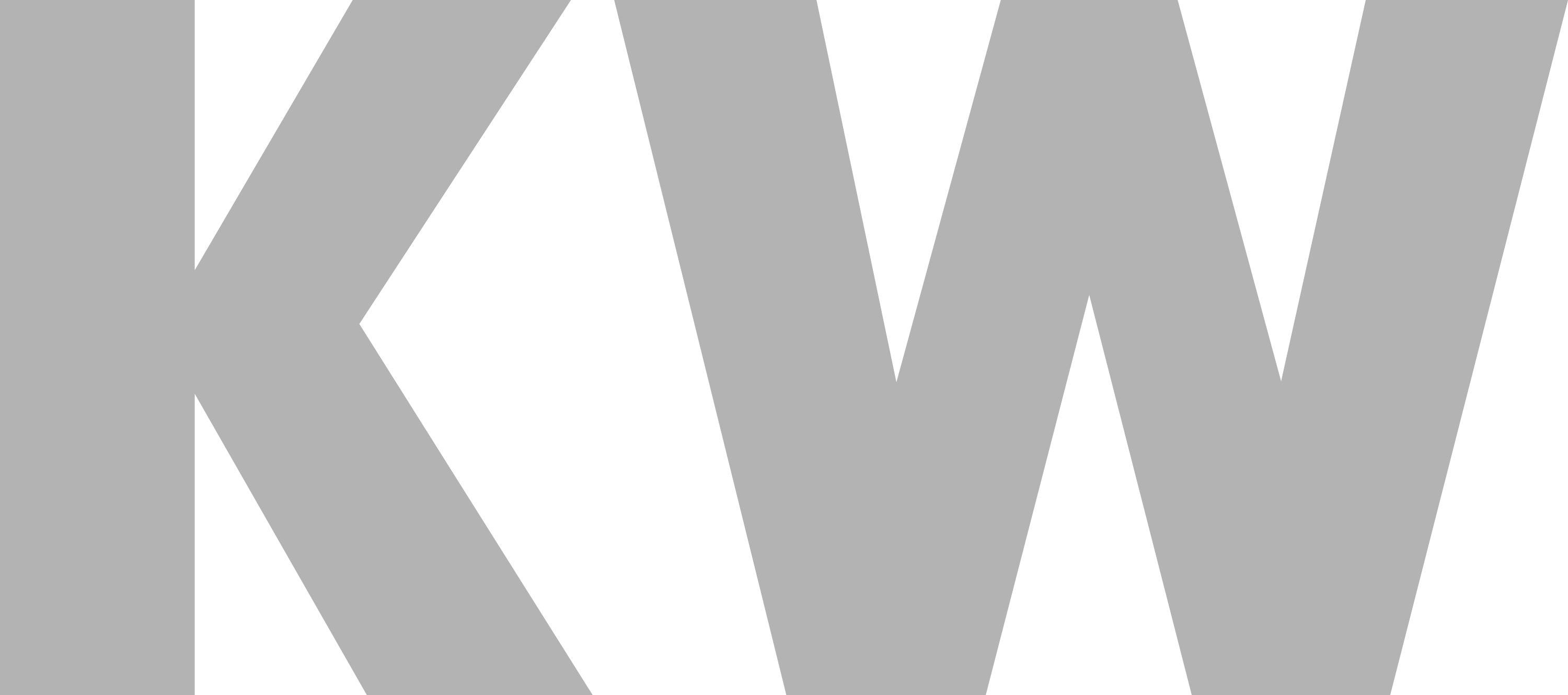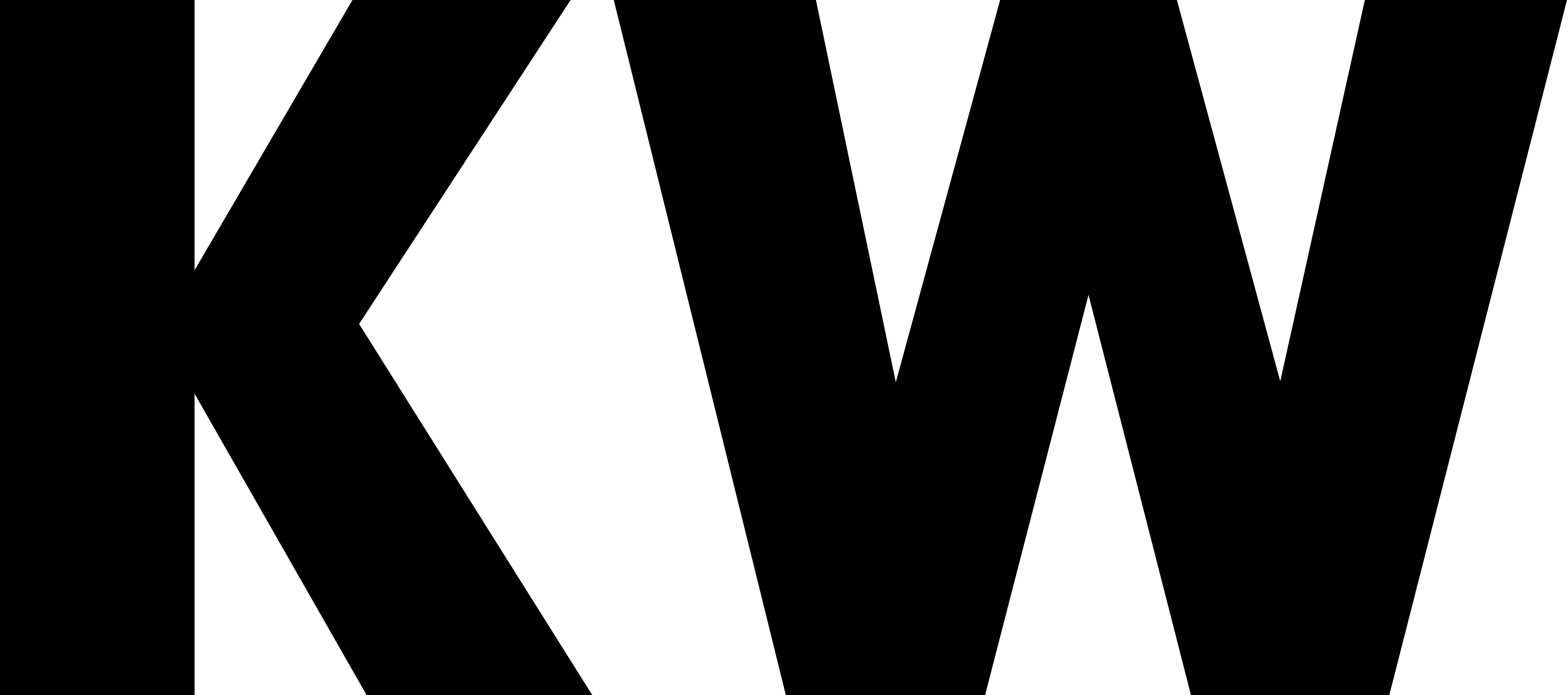REALTY
SPACECRAFT
8–13 November 18
Public workshops
Venue: KW Studio, Auguststraße 69, 10117 Berlin
11 November 18, 1–6 pm
Public presentations
Venue: Pavillon, Werkstatt Haus der Statistik, Karl-Marx-Alle 1, 10178 Berlin
11 November 18, 6–8 pm
Guided tours to and around Skulpturenpark Berlin_Zentrum Kreuzberg, and finissage at Moritzplatz Kreuzberg (bus transport from Karl-Marx-Allee 1 to Kreuzberg at 6 pm)
Strategies of Spatial Entrenchment and Smart Finance, and what they might mean for Contemporary Art
Image: svgsilh.com
SPACECRAFT addresses long-term strategies of financing and co-ownership that offer a contrast to the punishing precarity of Contemporary Art. It asks which methods of collectivization and cryptofinance, among other options, might offer sustainable working models for the field. SPACECRAFT is part of the REALTY program, which addresses Contemporary Art’s complicity with gentrification, and showcases viable responses here and now.
MoreKUNSTrePUBLIK is a case in point. The artist collective founded their own venue ZK/U, using leasehold models securing tenancy of several decades or longer. The challenges of sustaining this infrastructure can be considered a central facet of their artistic practice. This accomplishment, however, points back to a longer history of engagement with public spaces and institutions.
Twelve years ago, the collective initiated Skulpturenpark Berlin_Zentrum in Berlin Mitte. By and by, Skulpturenpark ceded to apartment blocks built for the upper-middle classes increasingly marking Berlin. The story is hardly a surprising one. What is more surprising is that, even after decades of increasingly brutal patterns of upgrading and displacement, temporary usage and Project City romantics remain à la mode in the Berlin art world. (KW are no exception here.) Can one learn any lessons from a temporary usage, two decades on, even if it paved the way for new-build gentrification in Berlin-Mitte? The trajectory of the said artists suggests as much.
Skulpturenpark aside, SPACECRAFT will feature expertise on the financialization of residential space in Berlin, on the enduring importance of land trusts and collective wealth management – and on the promise of new technologies. Blockchain enthusiasts insist that cryptocurrencies, Smart Contracts and Decentralized Autonomous Organizations offer a new playing field, ushering in new forms of collective ownership, even a turn towards the Commons as a political force. REALTY and ZK/U are among the growing numbers of artists and curators gradually exploring this terrain. Be that as it may, no playing field remains level for long, and the window of opportunity may soon be closing …
SPACECRAFT features closed-door workshops as well as a public program. The latter will include choice selections from the web TV channel realty-v, an artist commission by Christopher Roth, featuring propagandistic vignettes, theoretical pictures, and archival materials.
While SPACECRAFT focuses on spatial strategies of the here and now, it is followed by STATECRAFT, a REALTY symposium anticipating art-ontological shifts in the near future; 14-18 November 2018, at ExRotaprint, the Pavillon Haus der Statistik and KW Berlin.
REALTY is curated by Tirdad Zolghadr and supported by KW and the Sommerakademie Paul Klee Bern. Thus far, the program has taken the shape of public events, a web TV channel, a university seminar, artist commissions, semi-formal working groups and a research stipend.
https://space-time.tv/realty-v
Public Program
11 November 18
Admission: 3/5/8 €
1 pm, Tirdad Zolghadr & ZK/U: SPACECRAFT, REALTY, Contemporary Art – an introduction
1.30 pm, Erik Bordeleau: Bringing Ourselves to Forms Irreversible
lecture in English
Economy and governance, as we like to say at Economic Space Agency (ECSA), are two sides of the same token. Experimenting with distributed ledger technologies, more and more people are envisaging new logics and protocols of self-organization, inventing different p2p models of value production, new techniques of collective wealth management – and progressive fractal ownership schemes along the way. Are we moving toward what Lovink and Rossiter have called “organized networks”, or “networks with consequences”? What are the thresholds of financialization, and other politico-aesthetic constraints, of these new crypto-organizational forms?
2 pm, Ruth Catlow: Art and Blockchains in Space
lecture in English
The artworld has a problem – it garners great wealth, and yet it’s now harder than ever to sustain an arts practice even in the world’s richest cities. Ten years ago, blockchains blew apart the idea of money and value as resources determined by a central authority. But at this point, blockchains and the decentralised web need to deliver on their promise of emancipatory governance innovations. Core to Furtherfield’s new Decentralised Arts Lab (DECAL – a cooperative operating system for the arts) is its relationship to physical infrastructure and place. This talk will focus on artist strategies for reconnecting with the needs of localities and translocalities, and critiquing the “tokenization of everything” for total extraction by distant bodies.
3.45 pm, Andreas Krüger: How Could This Happen: on the Making of Moritzplatz, a culturally driven city neighbourhood
lecture in English
Since its introduction a good decade ago, the Modulor/Aufbauhaus has been debated as a model for bringing private, public and communitarian interests together in fruitful forms of collusion. In this lecture, Andreas Krüger, whose spearheading efforts made the project what it is today, argues for the differences that set it apart; in city-political terms and otherwise. Pleading not for “planning culture”, but for “planning culturally” – mobilizing the strengths and resources of the cultural industries, and making our cities’ new-builds a little more sustainable in impact, accessible in nature, and democratic in their inception.
4.15 pm, Sabine Horlitz: Community Land Trusts: Local self-government versus land speculation and displacement
lecture in English
The short phrase “community-led development on community-owned land” is an incisive summary of the central idea behind Community Land Trusts (CLT). CLTs are a collective, non-profit form of ownership that withdraws property and land from speculation in order to make it permanently available for affordable housing, but also for other social, cultural, or commercial uses. It is also a form of neighborly self-government that decides on the use of the land so that it meets local needs. This lecture offers an introduction to the history, structure, and operating principles of CLTs, as well as case studies, ranging from Dudley Street in Boston to the New York City Community Land Initiative and the diverse CLT landscape of London.
4.45 pm, Laura Calbet Elias: Financialized Housing Developer in Berlin-Stadtmitte
lecture in English
In current housing policy, private project developers are viewed as stakeholders who are expected to make significant contributions to the housing construction. Concurrently, however, far-reaching financialization processes are producing shifts within the industry that are receiving little attention. This lecture shows how the financialization of project development has progressed during the redevelopment of the former Skulpturenpark neighborhood in Kreuzberg. Corporate research methods will be used to discuss how new stakeholder constellations are emerging that are steering housing production towards a market-oriented logic of exploitation – and how this dynamic affects urban development and housing provision. More
6 pm, KUNSTrePUBLIK (KrP): Fördern und Fordern [Promote and Demand]
Venue: Alte Jakobsstraße, on the corner of Seydelstraße, 10117 Berlin Kreuzberg – with bus transport from Karl-Marx-Allee 1
Following an eight-year artistic hiatus, the Skulpturenpark Berlin_Zentrum and its new inhabitants are to be revisited and explored in programmatic fashion. An initial assessment onsite, in the shape of extensive artistic research, aims to shed light on the gnarly underbelly of the “new center” of Berlin. In reference to KrP’s last work on Skulpturenpark premises, Land’s End, KrP has developed a didactic musical score, featuring characters describing everyday life in the newly created district – along with their fantasies as they were moving in, and the newfound realities on the ground. Fördern und Fordern is the prelude to a new Skulpturenpark series 2020.
7 pm, Felix Hartenstein: High-Growth Businesses
Venue: from Alte Jakobsstraße to Moritzplatz, 10969 Berlin Kreuzberg
City tour in German
Betahaus, near Moritzplatz, is considered the cradle of co-working Berlin. At this point, countless international providers are bustling around the city, including Techspace from London, who run a co-working space just around the corner, with a focus on high-growth businesses. And on the former site of the rental van company Robben & Wientjes, property developer Pandion is planning a type of modern business park, called “The Shelf”. Our focus here lies on urban renewal, the competition for land, and socio-economic homogenization, as art and commerce, flatseekers and businesspeople, politics and the real estate industry all vie for the last spaces available. A matter of access to city life and urbanity, and a basic question of what kind of city Berlin wishes to be in the future.
7.30 pm, Larissa Fassler: Emotional Blackmail
Venue: Moritzplatz, 10969 Berlin Kreuzberg
Finissage
2017, the real estate firm Pandion acquired sizable plots of land near Moritzplatz. The high-end development marks a tipping point that will arguably redefine the neighborhood’s identity. Large-scale displacement, in this case, would be a matter of time. Numerous cultural institutions, including KW, engaged in a temporary cultural usage of Pandion’s new venues. Happily, the collaboration sparked an appetite within the institution to take responsibility for its artistic footprint. Emotional Blackmail (2018), the billboards and street posters by artist Larissa Fassler, are part of a series of research and artist commissions that have since come to bear … The Moritzplatz billboards will be on display on the corner of Prinzenstraße November 2 to 12.
Public Workshops
8–13 November 18
Workshop space is limited. Please RSVP at reservation@kw-berlin.de.
8 November 18, 4–7 pm
Daniela Brahm & Les Schliesser (ExRotaprint): The End of Temporary Usage
Venue: KW Studio
Workshop in German
What leeway does temporary cultural usage actually provide? Can this short-term tactic be redefined to become somewhat more sustainable, and benefit both artists and the immediate vicinity? Success models such as ExRotaprint, and other entrenchment strategies, will be revisited in this workshop. On their 10,000 m2site in Wedding, Berlin, the artists Daniela Brahm and Les Schliesser have implemented a property model that prevents speculation, and ties the site to clearly defined goals. Within Berlin’s property policy, ExRotaprint is now considered a model for socially inclusive long-term stability, and for financially viable perspectives developed by users on-site.
Download the recording as MP3-file for your documentation or to hear the workshop again.
9 November 18, 5–7.30 pm
Erik Bordeleau: 50 Shades of (Network) Derivative
Workshop in English
Finance is not primarily about monetary value but socio-political design. A mode of coordinating the future through the design of collective attractors. In cryptoeconomics, such attractors present themselves as tokens. Tokens capture the social effervescence of a network. Their circulation and governance patterns allow for the encryption of sociality in unsuspected, creative ways. Crypto-tokens also operate as means of collective exposure to the risks and opportunities of the economic “outside”, drawing in potential liquidity. As such, they operate as derivatives, embodying a virtual overflow that coincides with the belonging in becoming of a community, the way it sets forth its own conditions of enjoyment and futurity. In this token design workshop, we explore the creative tension between financial capture and derivative exposure, taking as a point of departure a nugget of economic wisdom delivered by Frank Knight, an influential American economist known for his distinction between incertitude and risk: “Life is not fundamentally a striving for ends, for satisfactions, but rather for bases for further striving; desire is more fundamental to conduct than is achievement, or perhaps better, the true achievement is the refinement and elevation of the plane of desire, the cultivation of taste.”
12 November, 10 am–12.30 pm
Ruth Catlow: A TCR For Everything
Workshop in English
TCRs, or Token-curated registries, are a blockchain-based method for using and incentivising “the crowd”. This in order to decide whether something belongs within a given group, or whether it needs to be ascribed to some other grouping instead. Tokens are used to keep track of the voting rights within such a network. The value of a token grows along with its popularity, and along with the valuation of the registry it manages. Workshop participants will work with Catlow to test a new “Paper TCR” game, conceived as a “Monopoly for systems thinking” that she is currently developing with curator Ben Vickers. Participants will employ the TCR game to work towards a manifesto for SPACECRAFT, drawing on the 2009 “We Won’t Fly for Art” campaign, which critiqued art’s role in climate change. TCR For Everything is a workshop exploring the limits and possibilities of pure market mechanisms to address planetary-scale coordination.
12 November 18, 5–7.30 pm
Larissa Fassler: Emotional Blackmail: Thinking Through Plotting
Venue: MaHalle, Waldemarstraße 110, 10997 Berlin-Kreuzberg
Workshop in English, German, Turkish
This workshop takes the form of an artist talk and group discussion, and is based on Fassler’s Moritzplatz project Emotional Blackmail (2018). For a good 10 years, the artist has been developing a practice of exploring public urban spaces, examining their material impact on its inhabitants. She often focuses on national emblems, and the disconnect between a nation’s self-image and the facts on the ground. While Fassler uses media of architectural representation – such as models and plans – her work differs fundamentally from conventional forms of documentation among architects and urban planners. Public spaces are accounted for by walking their edges, counting steps, recording corporeal experience and spending hundreds of hours collecting detailed observations.
13 November 18, 10 am–12.30 pm
Andre Sakharov and Sabine Horlitz: Community Land Trusts: A model for Berlin too?
Workshop in German
Since the beginning of 2018, a working group for Community Land Trusts in Berlin – consisting of various interested parties and initiatives – has been working on transferring the CLT model to the local context, with the support of the district office of Friedrichshain-Kreuzberg. The aim is to create a structure that permanently withdraws property and land from speculation, creates a counterbalance to the spiral of speculation in Berlin, and permanently secures non-profit housing. In this workshop, the ideas for a Berlin CLT, and the interim results of a feasibility study for its implementation, will be presented to a small public. These are to be critically scrutinized with the workshop participants, and the possibility of non-speculative neighborhood planning from the bottom up will be discussed. What does “community” mean, what role does “land” play in this, and how and for whom is it managed in “trust”? More
13 November, 6–8.30 pm
Andreas Krüger: Advantages Guaranteed for all Parties Involved?
Workshop in German
How to balance (or how not to balance) the goals and benefits of real estate and artists? In this closed-door session, Krüger demystifies legal blueprints and business templates, in the hope of acquainting artists with tools allowing themto be more than pretty doormats to real estate. How to move beyond the breathless pace of temporary usage? By letting owners, politicians and public administrationinteract with well-trained „unusual solution providers”; i.e. artists and other creatives.Let’s dive right into the bright upcoming wonderworld of “planning culturally”. From concept bidding, to new forms of “ownership” such as 21st century cooperatives and leaseholds, to cultural codes of conduct, to cross-financing, and planning tools,and to community- and coalition-building tactics between all manners of partnerships and accomplices.Advantages guaranteed for all parties involved? Perhaps, potentially, possibly …


